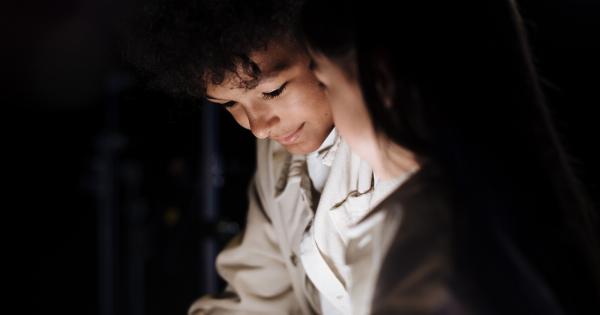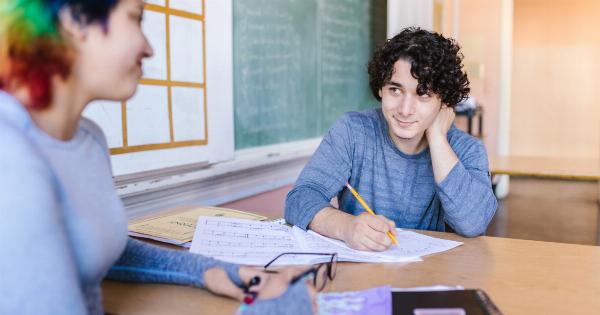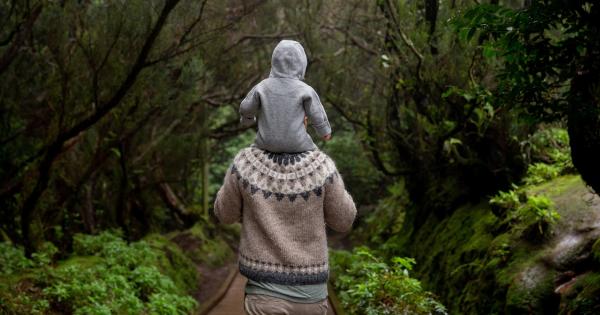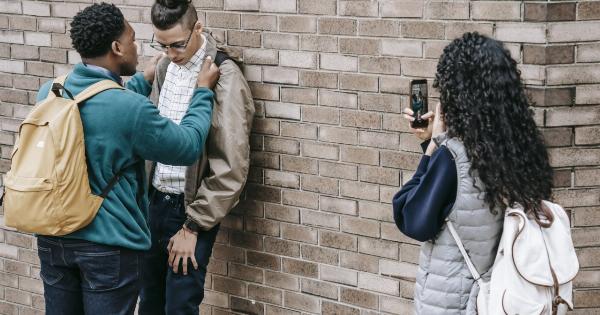Teenage introversion is a phenomenon that affects millions of teenagers around the world. It is a condition where a teenager is shy, reserved, and avoids social gatherings.
Teenagers who are introverts tend to spend a lot of time alone and may find it hard to make friends. The causes of teenage introversion are diverse and complex, but one of the most important factors is habits.
What Are Habits?
Habits can be defined as a routine behavior that is repeated regularly and tends to occur subconsciously. Habits can be good or bad, and they form an integral part of human life.
We all have habits that we have developed over time, and these habits shape our lives in many ways. Habits can be either learned or unlearned, and they can be formed in response to our environment, experiences, and personality traits.
How Habits Affect Teenage Introversion
Habits can play a significant role in the development or exacerbation of teenage introversion.
This is because habits can create a cycle that reinforces introverted tendencies and makes it difficult for teenagers to break free from their introverted habits. For instance, if a teenager is shy and nervous around people, they may develop a habit of avoiding social gatherings, which reinforces their introverted tendencies.
Also, teenagers who develop habits like spending too much time on social media or binge-watching TV may find it hard to develop interpersonal skills and make friends.
This is because these habits do not require social interaction, and teenagers slowly become more and more isolated. Over time, these habits can lead to the development of social anxiety and depression, which can further exacerbate introverted tendencies.
Breaking the Cycle
Breaking the cycle of teenage introversion requires a conscious effort to change habits. This is not an easy task, but it is possible with the right approach. One of the best ways to change habits is to start small and gradually build up.
For instance, if a teenager has a habit of avoiding social gatherings, they can start by attending small social gatherings and gradually build up to larger and more challenging gatherings.
Another effective way to break the cycle is to seek help from a trusted adult or a professional. A counselor or therapist can help teenagers identify their introverted habits and develop strategies to change them.
This may include incorporating social skills into daily habits, setting small social goals, and gradually working towards them.
Maintaining Good Habits
Breaking the cycle of introverted tendencies is not enough; teenagers need to develop good habits that will help them maintain a healthy and balanced lifestyle.
This includes habits like physical exercise, healthy eating, regular sleep patterns, and spending time in nature. These habits can help teenagers reduce stress, feel more energized, and improve their mental and emotional well-being.
Also, developing good study habits can help teenagers improve their academic performance and boost their confidence.
This includes habits like setting goals, breaking down tasks into smaller manageable parts, using effective study methods, and seeking help when needed.
Conclusion
Teenage introversion is a complex condition that can affect a teenager’s social, emotional, and mental well-being. Habits play a significant role in the development or exacerbation of introverted tendencies.
Breaking the cycle of introversion requires a conscious effort to change habits, seek help, and develop good habits. With the right strategies and support, teenagers can break free from their introverted habits and lead healthy and fulfilling lives.































